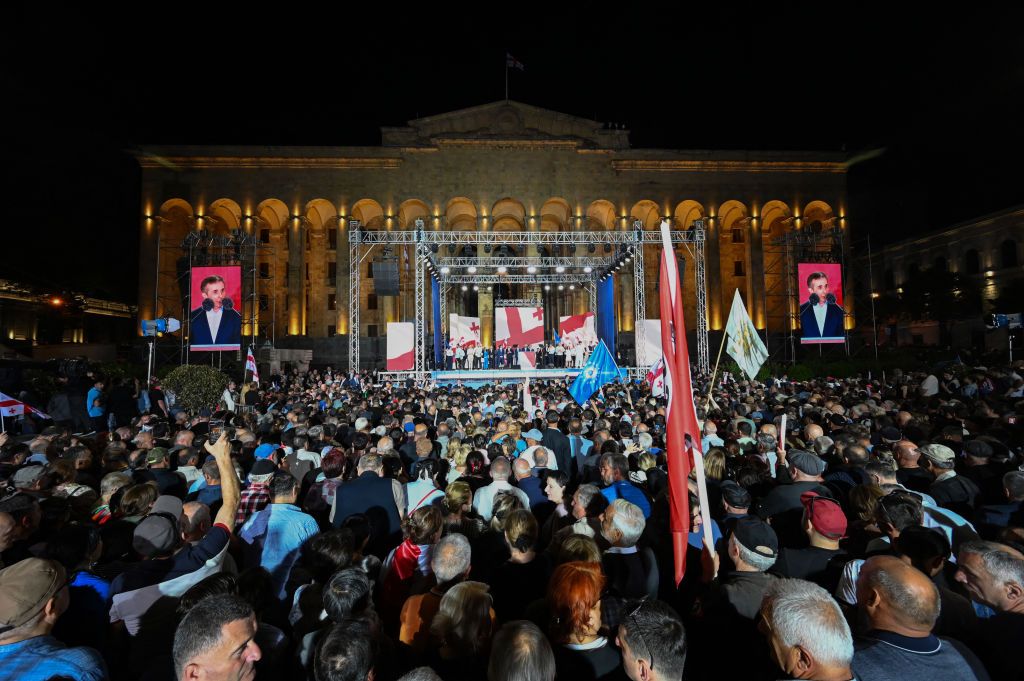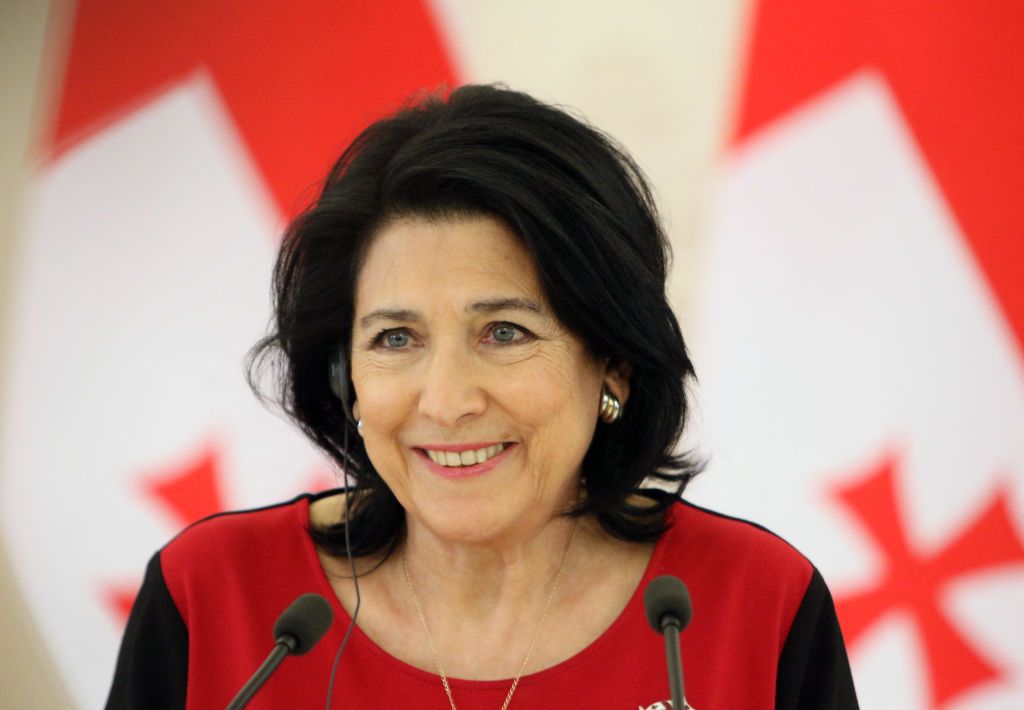On May 3, Georgian President Salome Zurabichvili stepped up her criticism of the ruling Georgian Dream party in an interview with Deutsche Welle, directly accusing the government of having a “tendency to make concessions to Russia.”
“It is becoming increasingly clear that the problem is not just 'Russian law'; the problem lies with the Russian government,” Zurabichvili said.
Zurabichvili was referring to the controversial foreign agents law, widely known among Georgia's opposition as the “Russian law”, which Georgia Dream is trying to pass in parliament.
The bill, scheduled for third and final reading on May 17, would require organizations receiving foreign funding to be labeled as: “Foreign Agent” This reflects Russia's repressive laws used to crack down on critics of the Kremlin regime.
Attempts to pass legislation arose large scale demo Domestic police are reportedly called in. strengthen attacks against Protesters armed with tear gas, rubber bullets and water cannons.
Multiple media outlets also reported on May 3rd. Unidentified masked men He began randomly beating the protesters.
Georgian government holds large-scale anti-Western rallies to pass 'Russian-style' bill
TBILISI, Georgia – The ruling Georgian Dream party held a massive rally in Tbilisi on April 29, drawing tens of thousands of people by bus from across the country in support of the country's democratic backsliding. Party leaders, including Prime Minister Irakli Kobakhidze and Tbilisi Mayor Kaka Karaz…

Zurabichvili's comments reflect growing sentiment that the protests are not simply aimed at unpopular laws, but are moving toward broader anti-government positions.
Western leaders condemned this law and Georgian Dream's attempt to pass it against the express will of the people.
In recent diplomatic efforts, European Council President Charles Michel In a telephone conversation with Georgian Prime Minister Irakli Kobakhidze, he emphasized that “Georgia's future lies in the EU'' and urged the prime minister not to “miss this historic opportunity.''
Next, Kobakuhise also commented on the phoneHe said he expressed “disappointment” at the perceived reluctance of EU officials to discuss the law.
The prime minister also repeated baseless conspiracy theories about the alleged role of NGOs in attempted revolutions in Georgia in 2020 and 2023.
Mr. Kobakhidze concluded by stating that the Foreign Agents Act is “an important precondition for achieving depolarization, which is the EU's main recommendation.”
EU officials have repeatedly stressed that passing the law would hurt Georgia's chances of joining the EU.


